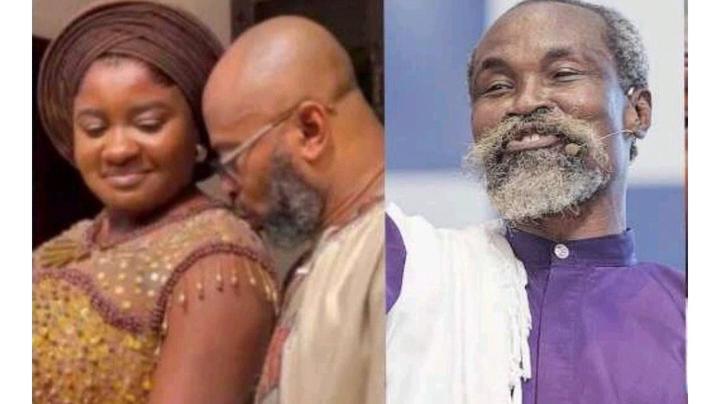In a startling moment that disrupted what should have been a celebration, media veteran Stephen Adom Kyei-Duah publicly renounced his daughter during her wedding ceremony, leaving guests visibly shaken. The dramatic declaration has since become the subject of widespread public debate, raising critical questions about the intersection of family, tradition, and individual rights in Ghanaian culture.
The ceremony, initially filled with anticipation and joy, took a sharp turn when Kyei-Duah took the stage. He announced his refusal to endorse the marriage, citing objections related to personal and family concerns. “I cannot accept this marriage,” he proclaimed, a statement that sent shockwaves through the venue.
What followed was even more jarring: the public announcement that he would no longer acknowledge his daughter as a member of the family. “This isn’t the future I imagined for you,” he said, making clear his disillusionment and adherence to values he believes were ignored.
The public reaction to the incident has been swift and polarized. Some have sided with Kyei-Duah, viewing his stance as a principled one rooted in a father’s desire to protect his child. Supporters argue that his boldness reflects moral integrity and a commitment to family ideals.
Conversely, many have condemned the move as unnecessarily harsh, especially given the public nature of the event. Critics say the timing was inappropriate and that disowning one’s child at their wedding inflicts emotional harm that could have lasting consequences. “He could have handled it privately—this was not the place or time,” one critic stated.
The situation has ignited national dialogue about the influence of tradition in modern relationships, particularly the struggle many young people face in balancing respect for their families with their personal happiness. The incident brings to light the emotional and cultural weight marriage continues to carry in Ghanaian society.
As emotions settle and the story continues to unfold, Kyei-Duah’s decision remains a powerful reflection of the complex dynamics that shape family life. It reminds us all of the need for compassion, open dialogue, and the delicate art of bridging generational divides.
Source: Ghanaweb
